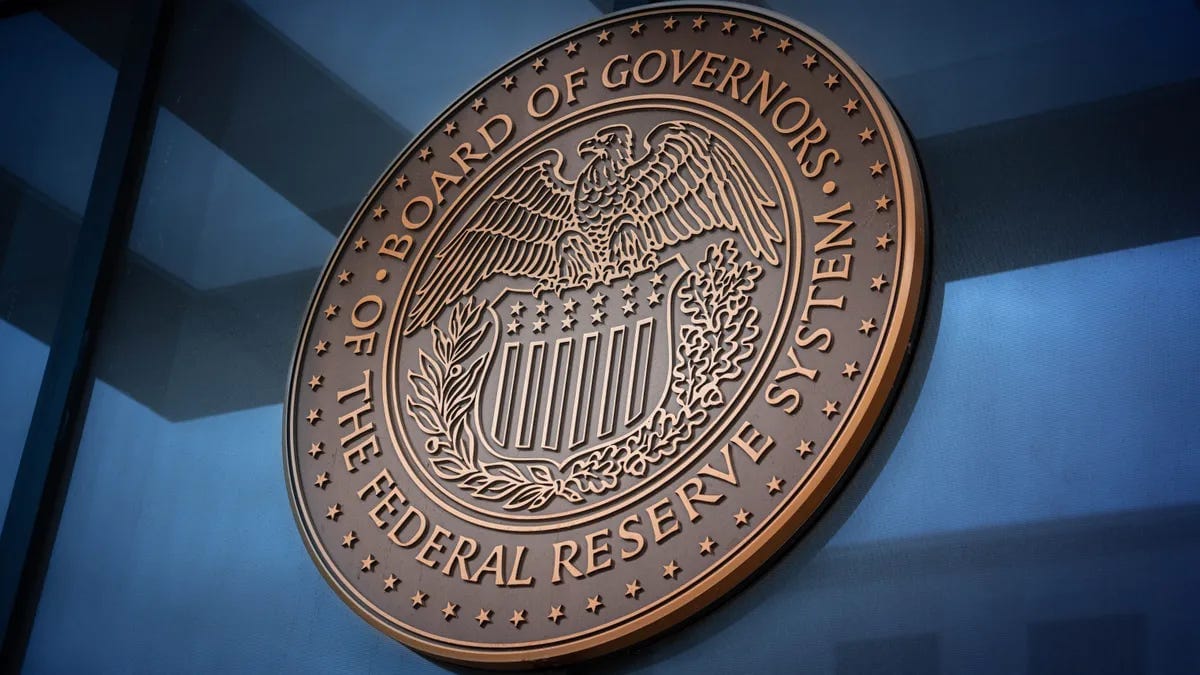Federal Reserve Announces It Is Ending Crypto Supervision Program

The Federal Reserve announced on Friday that it is terminating a specialized supervisory program launched in 2023 to monitor U.S. banks engaged in cryptocurrency activities. This decision marks a significant shift in how the central bank will oversee banks involved in these innovative financial sectors. The program, initially designed to address the unique challenges posed by rapidly evolving financial technologies, will now be integrated into the Fed’s standard supervisory framework. This change reflects the Fed’s growing confidence in managing the risks associated with crypto and fintech through its existing regulatory processes.
The 2023 program required banks venturing into cryptocurrency and other fintech endeavors to notify the Federal Reserve and adhere to stringent guidelines. The initiative aimed to ensure that the Fed’s regulatory approach kept pace with the fast-changing landscape of financial technology, including digital currencies and partnerships with non-bank entities. By establishing this program, the Fed sought to address potential risks to the broader financial system that might not be adequately covered by traditional supervisory methods. The central bank emphasized that these activities could raise unique questions about their permissibility and impact on financial stability.
Stay In The Loop and Never Miss Important Crypto News
Sign up and be the first to know when we publishIntegration into Standard Supervision
The Federal Reserve’s board of governors, based in Washington, D.C., stated that the decision to end the specialized program stems from a strengthened understanding of crypto and fintech activities. Over the past two years, the Fed has gained insights into the risks and bank risk management practices associated with these sectors. As a result, the central bank believes it can effectively oversee these activities within its standard supervisory framework, eliminating the need for a separate program. This transition is expected to streamline oversight while maintaining robust regulatory standards for banks involved in cryptocurrency.
The move comes as broader discussions about the role of innovation in the banking system. Fed Governor Michelle Bowman, recently appointed as the vice chair for supervision, has advocated for a regulatory approach that embraces technological advancements. In a February speech, Bowman emphasized the importance of regulators remaining open to innovation within the banking sector. Her perspective suggests a potential shift toward a more flexible supervisory stance, which could encourage banks to explore cryptocurrency and fintech opportunities with greater confidence.
This development is likely to be closely watched by the crypto industry and financial institutions. Banks that previously used the Fed’s specialized program may now face a more standardized but still rigorous oversight process. The integration of crypto supervision into the Fed’s regular framework signals a maturing regulatory environment for digital assets, potentially fostering greater adoption among traditional financial institutions. As the crypto market continues to evolve, the Fed’s ability to adapt its supervisory practices will be critical in balancing innovation with financial stability.

